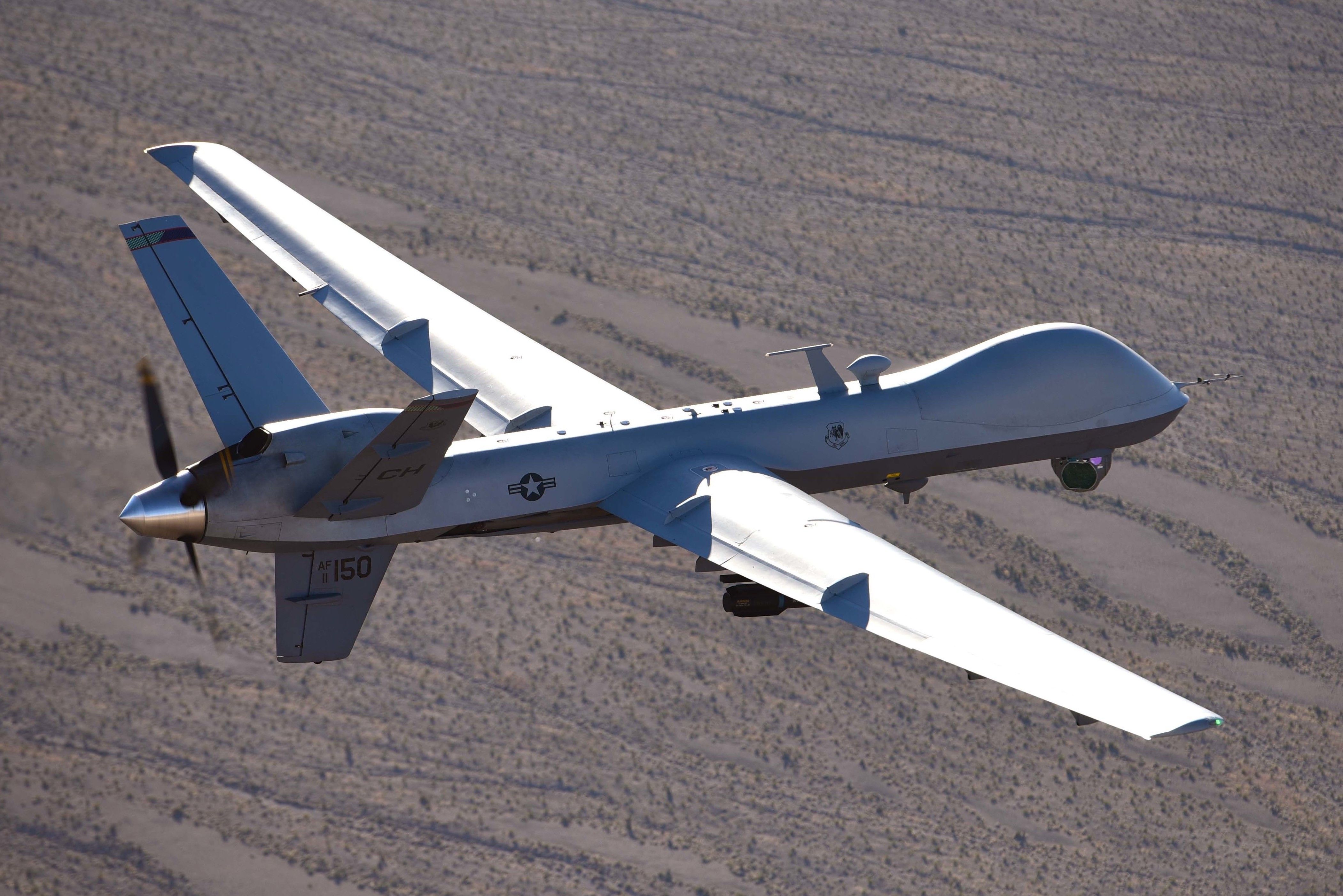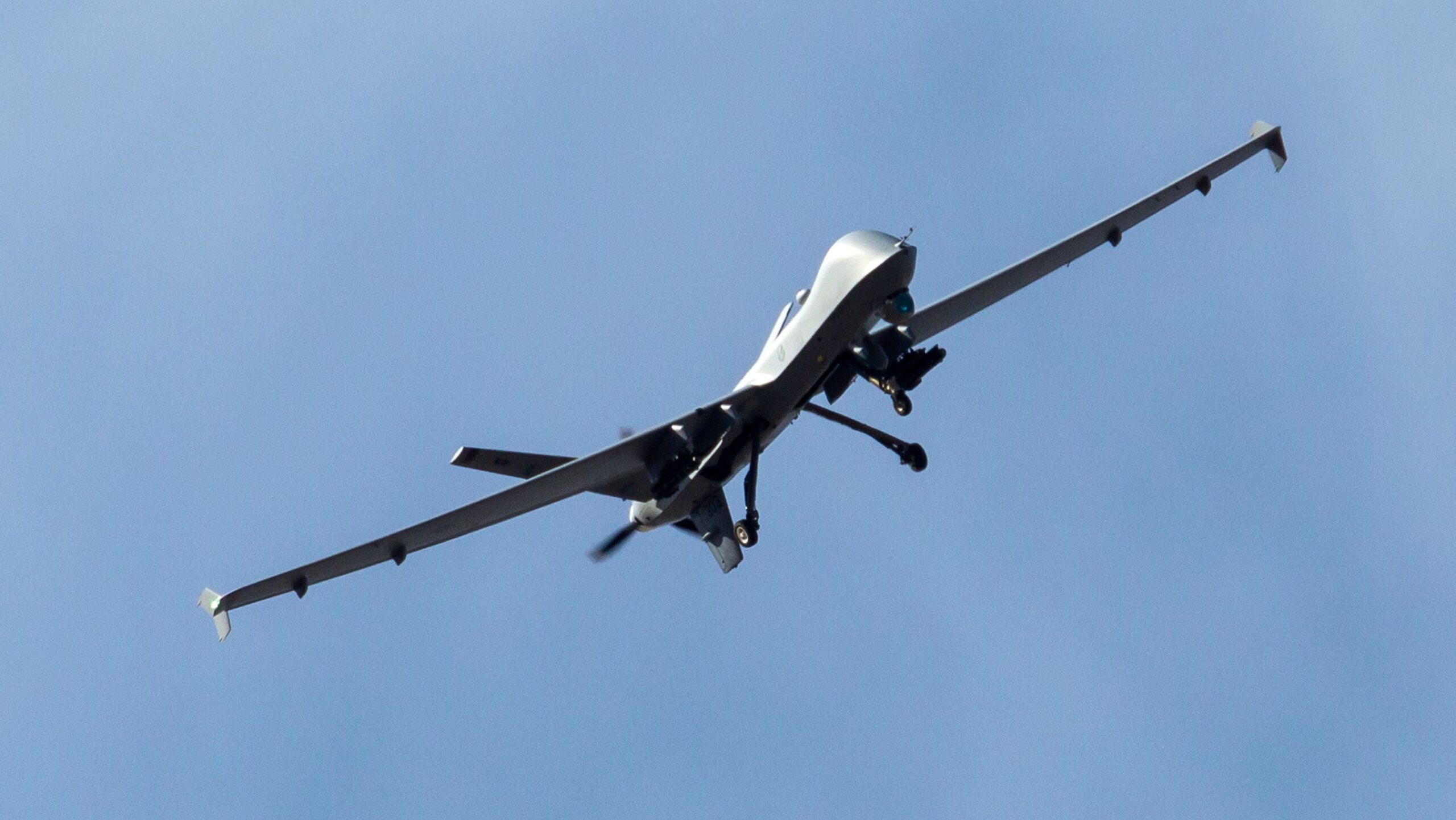Summary
- Air Force General C.Q. Brown explores new military partnerships in West Africa post-Niger troop withdrawal.
- US efforts to fight terrorism in the region thwarted by Niger’s decision to expel US troops.
- US forces ahead of schedule in withdrawing from Niger bases.
A top United States Air Force (USAF) general is visiting West Africa to strengthen diplomatic and military ties after Niger ordered the US to withdraw its troops from the country. As a result, the US will be losing access to two key military bases from which it conducts anti-terrorism drone operations.
US looks to maintain West African foothold
For those unfamiliar with the geopolitical situation in Niger, a military junta came to power last summer and decided to expel US military forces from the country. In March 2024, the new Niger government deemed the US military presence on its soil as unconstitutional and ordered the roughly 1,000 US troops to leave no later than September 2024. The Niger government’s rise to power from a military coup has also complicated things legally for the US, as its military is not allowed to support administrations that came to power via a coup.
Air Force General C.Q. Brown, Chairman of the Joint Chiefs of Staff, held discussions with military officials from various African countries during a meeting in Botswana on Monday to explore new military partnerships in the region. While Brown did not specify which countries were involved, an unnamed US official said representatives from Benin, Ivory Coast, and Ghana were present.
No new base likely
The US presence in Niger has been a crucial component in fighting Jihadist terrorism and insurgency in the region. The US maintains two military air bases in Niger, called Air Base 101 and Air Base 201, the latter of which was completed in 2019 at a cost of over $100 million. However, it looks highly unlikely that forces in the region will pack up and re-establish at a base in another country.
A US official commented,
“We do not expect a large military construction announcement or a significant new base to appear anywhere.”

Related
5 Fast Facts About The MQ-9 Reaper Unmanned Aerial Vehicle
The UAV brings a lot to the table.
Things have been further complicated by Niger’s progressing partnership with Russia, which has already deployed military forces into the region and is conducting training exercises. The Russian military and its mercenary partner, the Wagner Group, have been establishing significant footholds in the region, also partnering with the likes of Burkina Faso and Mali. It is seen as a favorable partner to many African regimes for its apolitical approach, while US cooperation will come with strings, like democratic and human rights values. General Brown did leave the door open to future cooperation, telling reporters,
“We have an embassy there, so we still have relationships. And so I don’t know if the door is completely closed. If the opportunity presents itself to rebuild and strengthen the relationship, we’ll work with the rest of the US government to figure out how best to do that.”
Withdrawal on track
US forces are ahead of schedule and are likely to have completed their withdrawal before the September 15th deadline. It has around 600 personnel still stationed at Air Base 101 and another 300 at Air Base 201. A US official said recently that the withdrawal process is around 30% complete.
According to a USAF statement last month,
“Approximately 900 US military members and civilian employees remain ready at Air Bases 101 and 201 in Niamey and Agadez, respectively, to facilitate the bases’ orderly withdrawal.”

